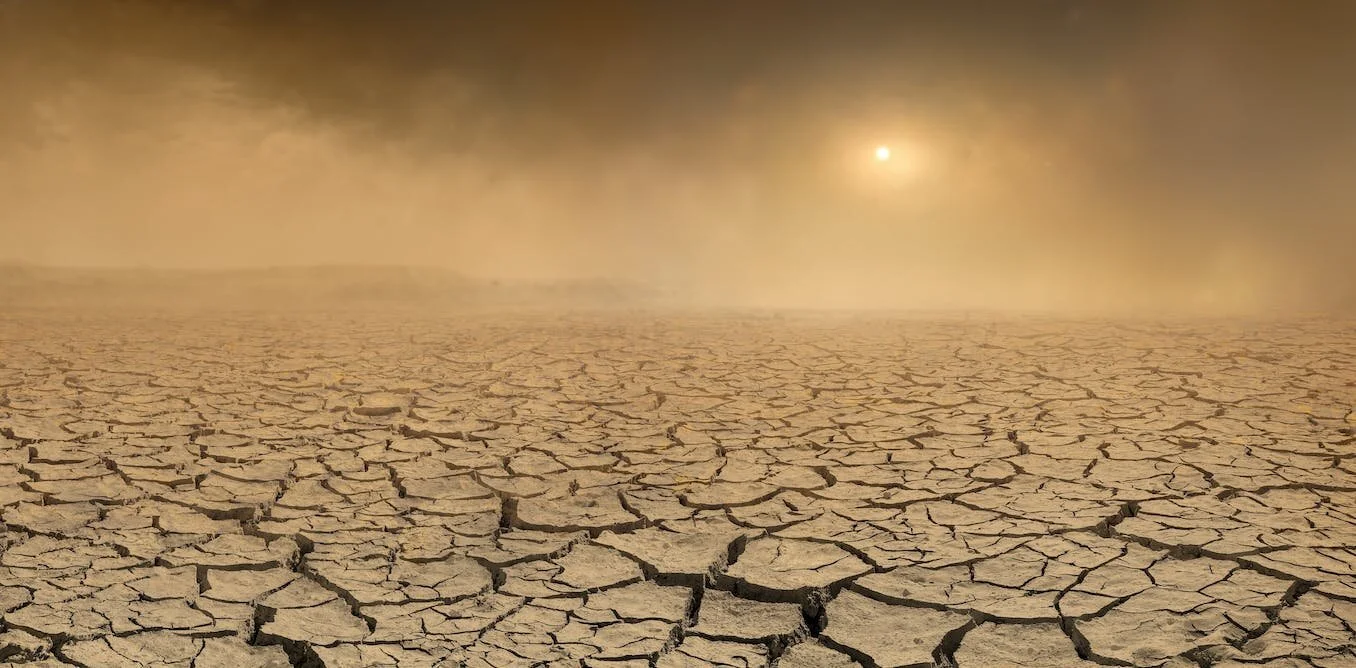Why ecosystem collapses may occur much sooner than expected
Why ecosystem collapses may occur much sooner than expected

Around the world, rainforests are becoming savanna or farmland, savanna is drying out and turning into desert, and icy tundra is thawing. Indeed, scientific studies have now recorded "regime shifts" like these in more than 20 different types of ecosystem where tipping points have been passed. Around...

an ecosystem predicted to collapse in the 2090s owing to the creeping rise of a single source of stress, such as global temperatures, could, in a worst-case scenario, collapse in the 2030s once we factor in other issues like extreme rainfall, pollution, or a sudden spike in natural resource use.
There is no way to restore collapsed ecosystems within any reasonable timeframe. There are no ecological bailouts. In the financial vernacular, we will just have to take the hit.


